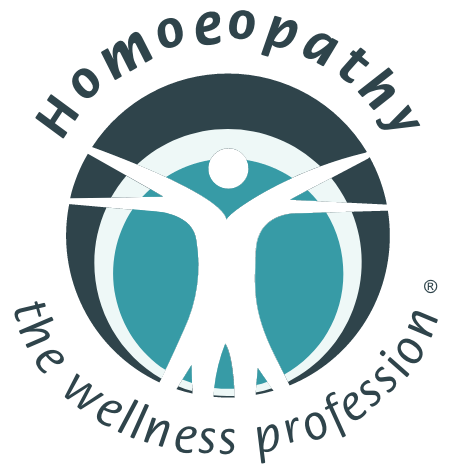
Event Details:
Chair Person: Dr M Leite
Event Type: National Zoom meeting
CPD Points: 2
Cost to non Member: R500
Venue Details:
HSA Admin is inviting you to a scheduled Zoom meeting.
Topic: HSA eEVENT: A PROACTIVE APPROACH TO COVID19
Time: Mar 30, 2021 07:00 PM Johannesburg
Join Zoom Meeting
https://zoom.us/j/96568875364?pwd=MHBQanNzYWd0T093RkRlRUxYVTdMUT09
Meeting ID: 965 6887 5364
Passcode: 332044
One tap mobile
+13126266799,,96568875364#,,,,*332044# US (Chicago)
+13462487799,,96568875364#,,,,*332044# US (Houston)
Dial by your location
+1 312 626 6799 US (Chicago)
+1 346 248 7799 US (Houston)
+1 646 558 8656 US (New York)
+1 669 900 9128 US (San Jose)
+1 253 215 8782 US (Tacoma)
+1 301 715 8592 US (Washington DC)
Meeting ID: 965 6887 5364
Passcode: 332044
Find your local number: https://zoom.us/u/acZmFTmPbe
Description:
COVID-19: A proactive approach SARS-CoV-2, the virus that causes COVID-19, can evolve into a severe, life-threatening illness in a small percentage of vulnerable patients. Those most at risk of the progressing to severe COVID-19 are people with pre-existing diabetes, obesity, hypertension, some other chronic diseases and the elderly.What do these co-morbidities have in common? There are a number of biological imbalances that virtually all vulnerable people, across various co-morbidities, share. These biological imbalances drive the evolution to severe COVID-19 and are being uncovered by researchers on the forefront of probing this disease. A much clearer understanding of the pathogenesis of COVID-19, and what causes it to run rampant, is thus emerging.
A deeper understanding of the pathogenesis of COVID-19 in general, and the progression to severe COVID-19 in particular, is vital for any clinician. It lays the foundation for formulating a proactive approach to helping patients achieve their best health so that their bodies are better prepared for encountering SARS-CoV-2. It also provides the understanding required to monitor patients that become infected and provide them with effective supportive care.
This can reduce the severity of the infection and, in so doing, reduce the strain on our national healthcare system, since it reduces the need for hospitalisation and other scare medical resources. Reducing the severity of COVID-19 can also reduce the likelihood of mortality and long-term morbidity. Long-term morbidity can manifest as chronic lung fibrosis, damage to various other organs and an emerging syndrome referred to as Post Acute COVID-19 Syndrome. The practitioner may, in fact, only encounter certain COVID-19 patients for the first time after they have recovered from their acute infection and may then be tasked with treating with one or more of the chronic complications of COVID-19. Having a thorough knowledge of the complications that can occur due to COVID-19 is vital to recognising such sequelae and correctly treating them.
This lecture will provide an overview of published data and recommendations related to COVID-19 risk factors, testing, pathogenesis, clinical presentations, clinical monitoring, acute and chronic complications and what can be done to reduce the risk of a patient progressing to severe COVID-19, as reported in scientific journals. It will also discuss some of the relevant clinical insights shared by South African doctors working on the frontline in South African hospitals. Furthermore it will highlight some of the recommendations for monitoring and managing outpatients as communicated via channels such as the South African Medical Association, the American Medical Association and other medical professional bodies across the globe.
This lecture will not focus on COVID-19 vaccines or any other specific COVID-19 treatments. Those topics are beyond the scope of this lecture. This lecture will, however, explore some evidence-based guidelines on what patients can do to improve their recovery. This will cover topics such as ensuring good nutritional status, getting adequate rest and home-based interventions for respiratory rehabilitation.